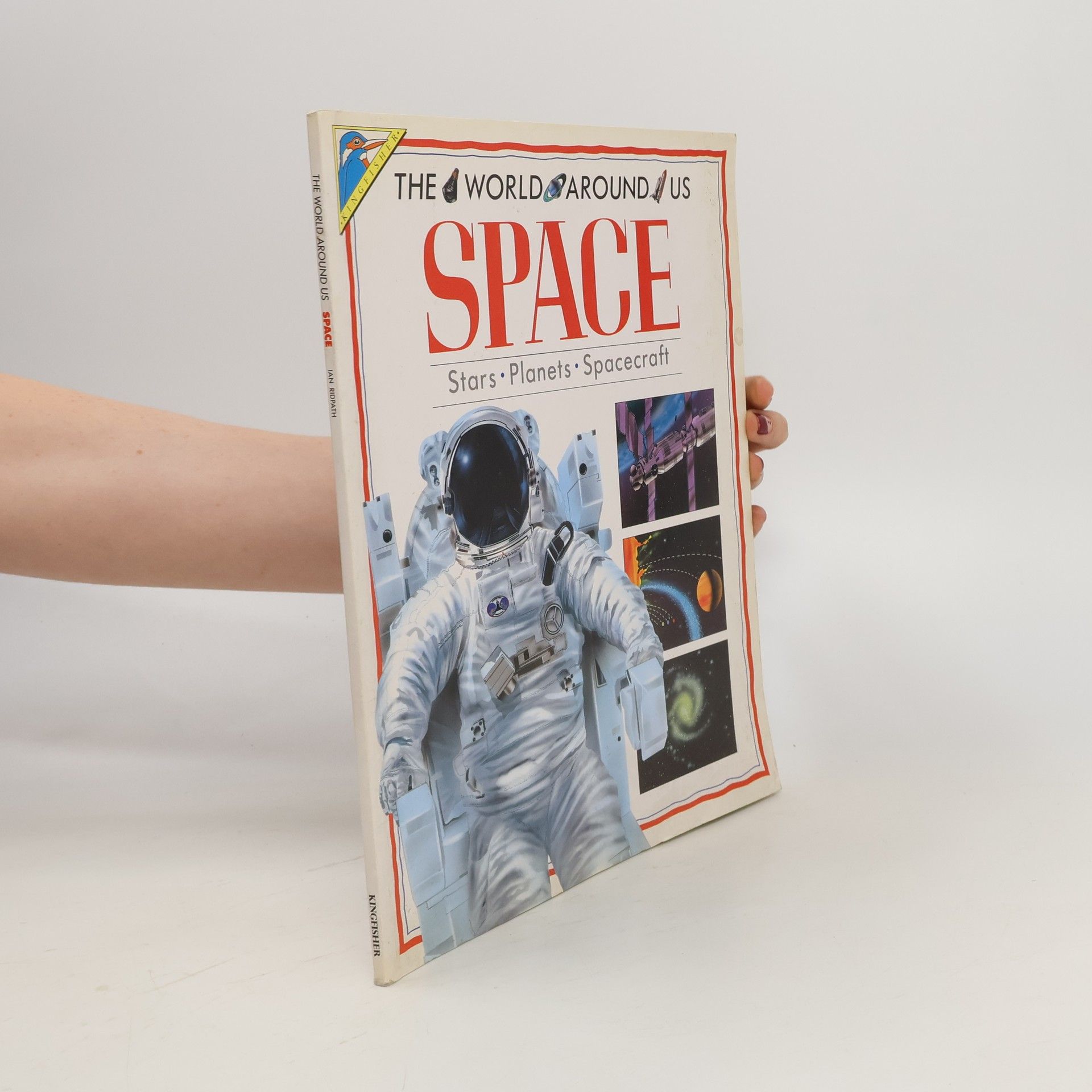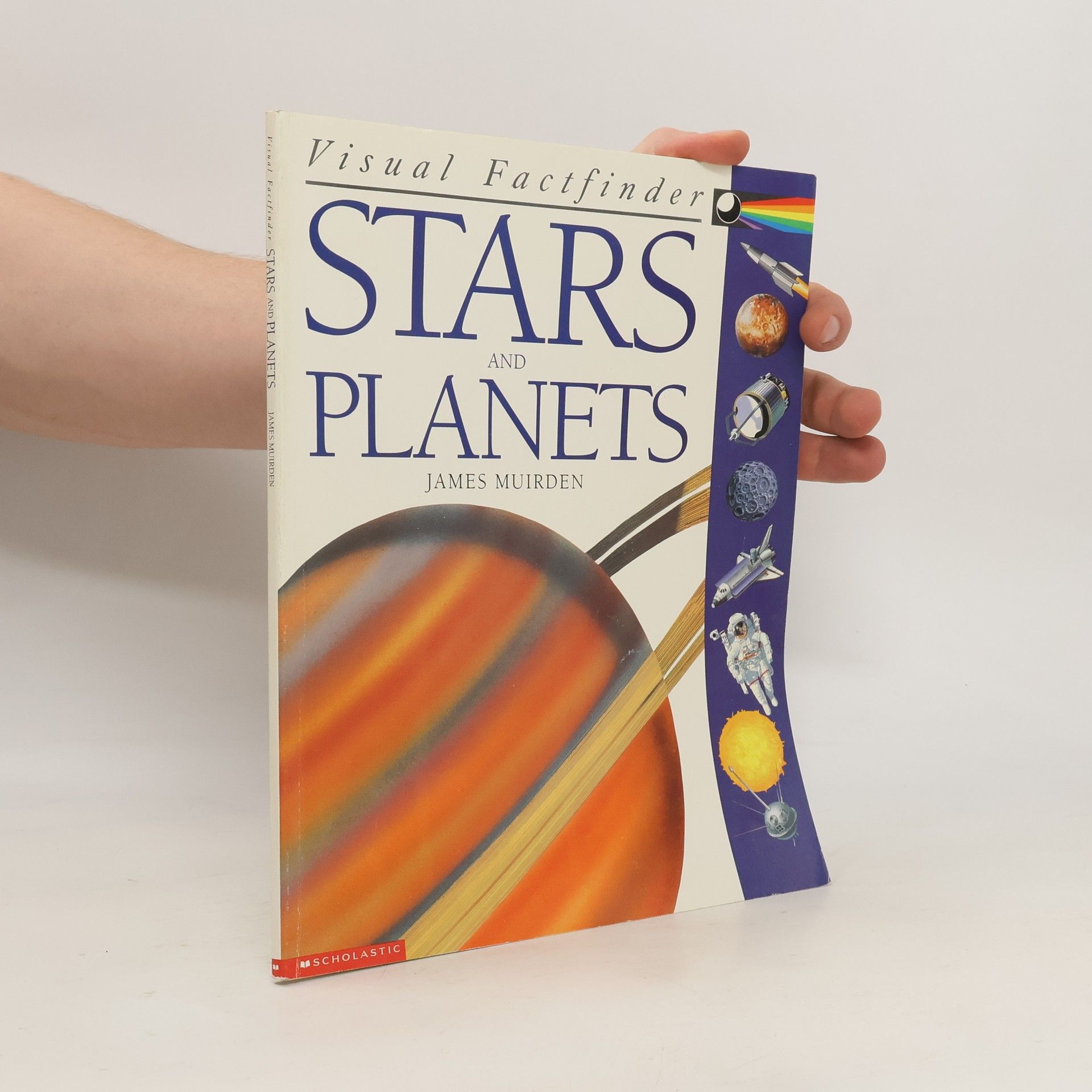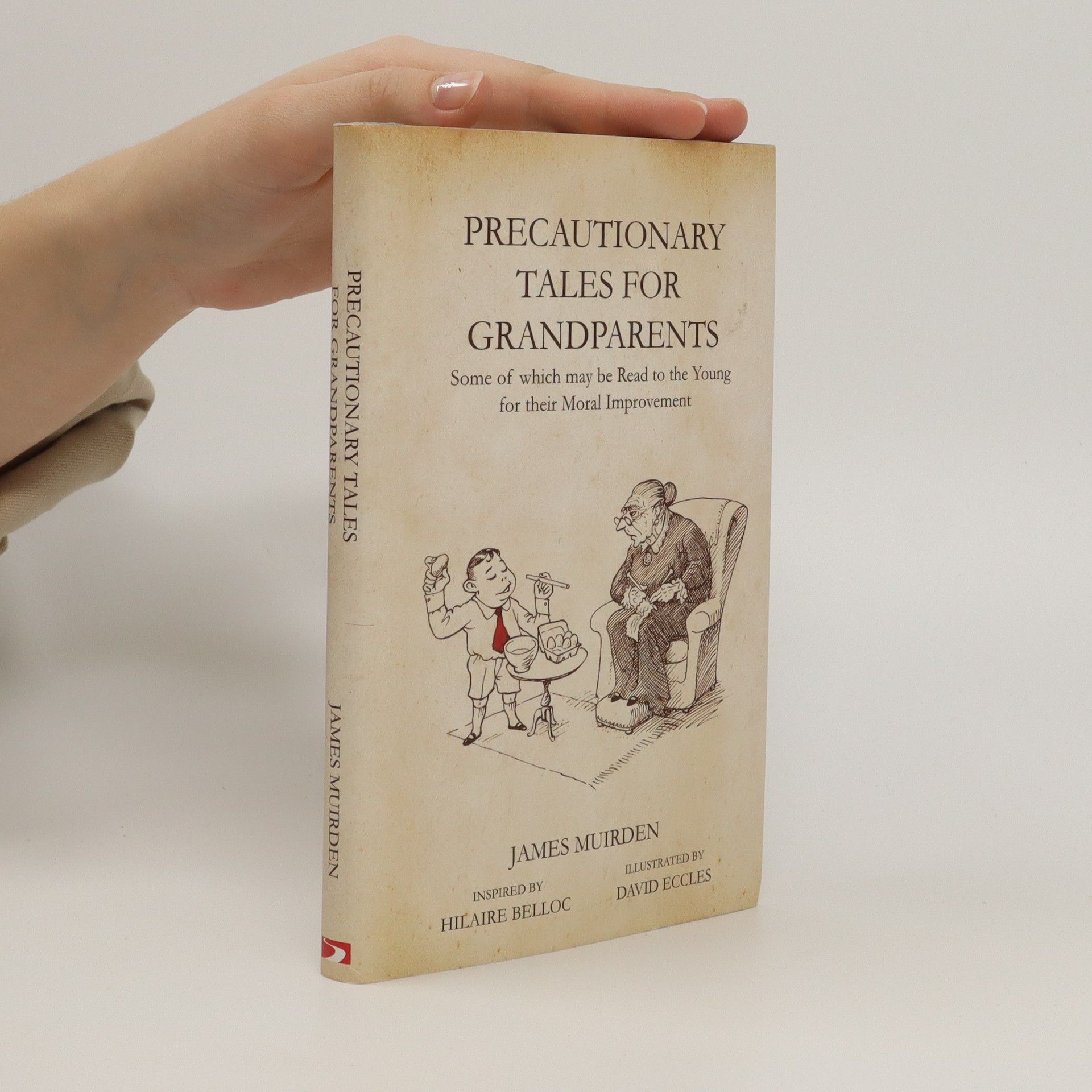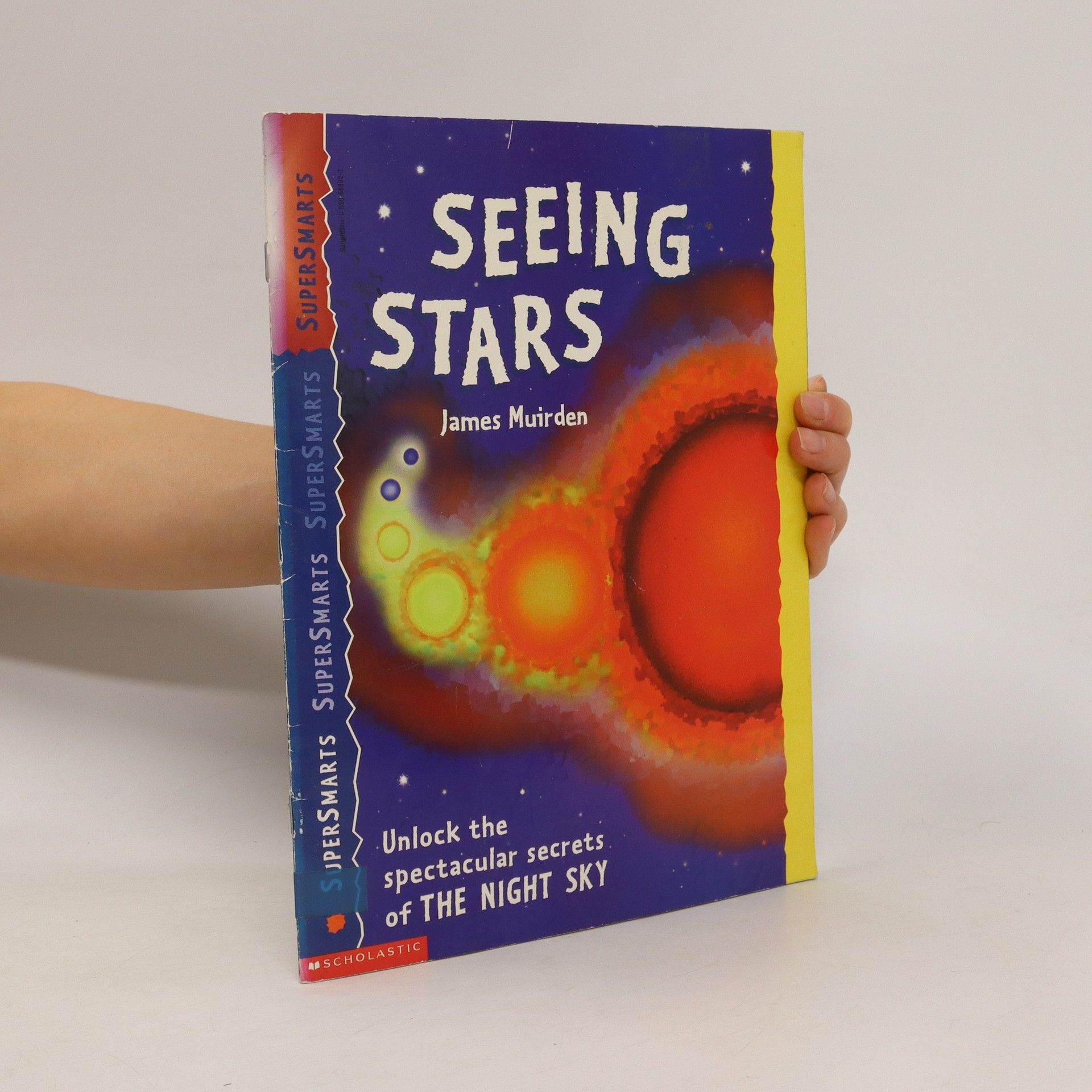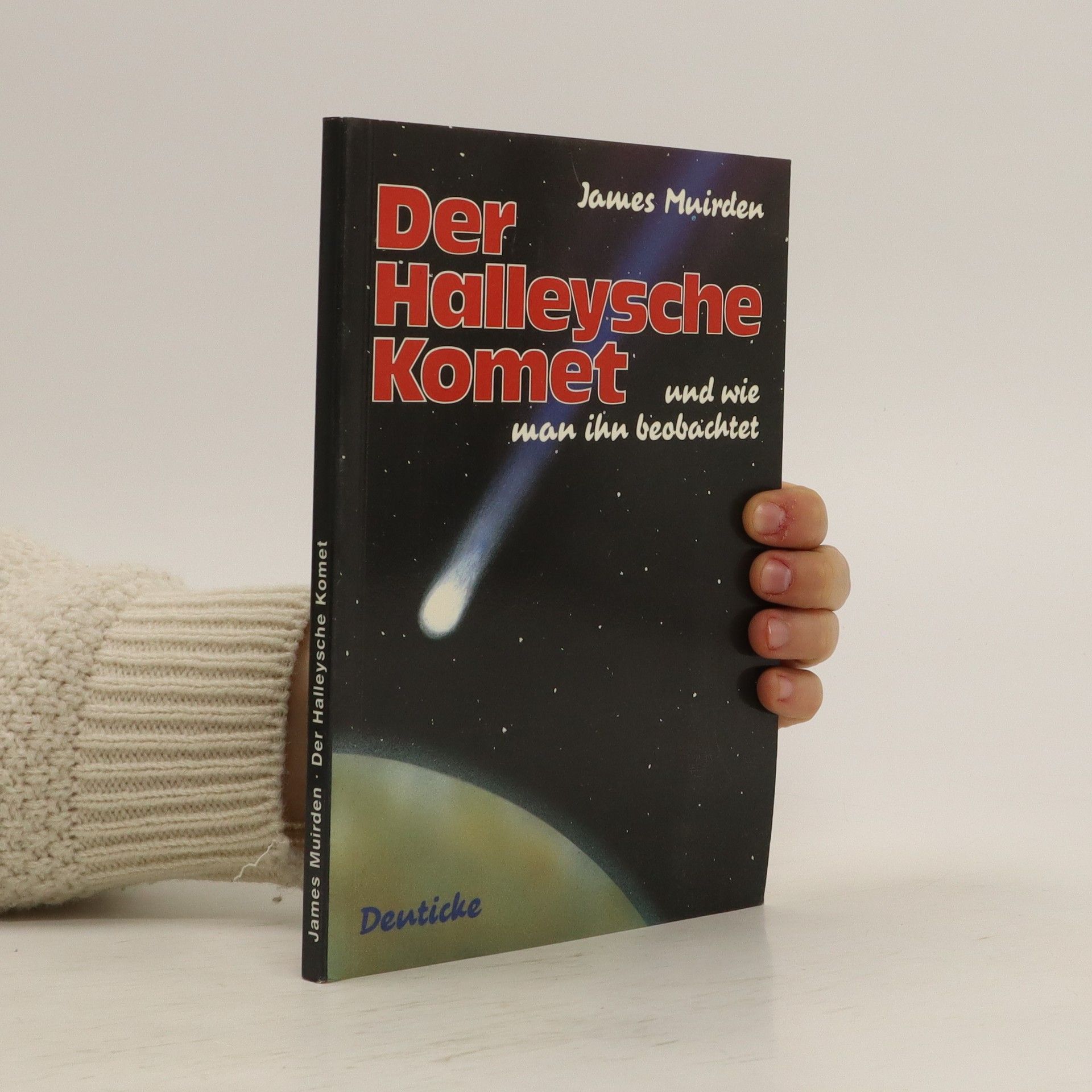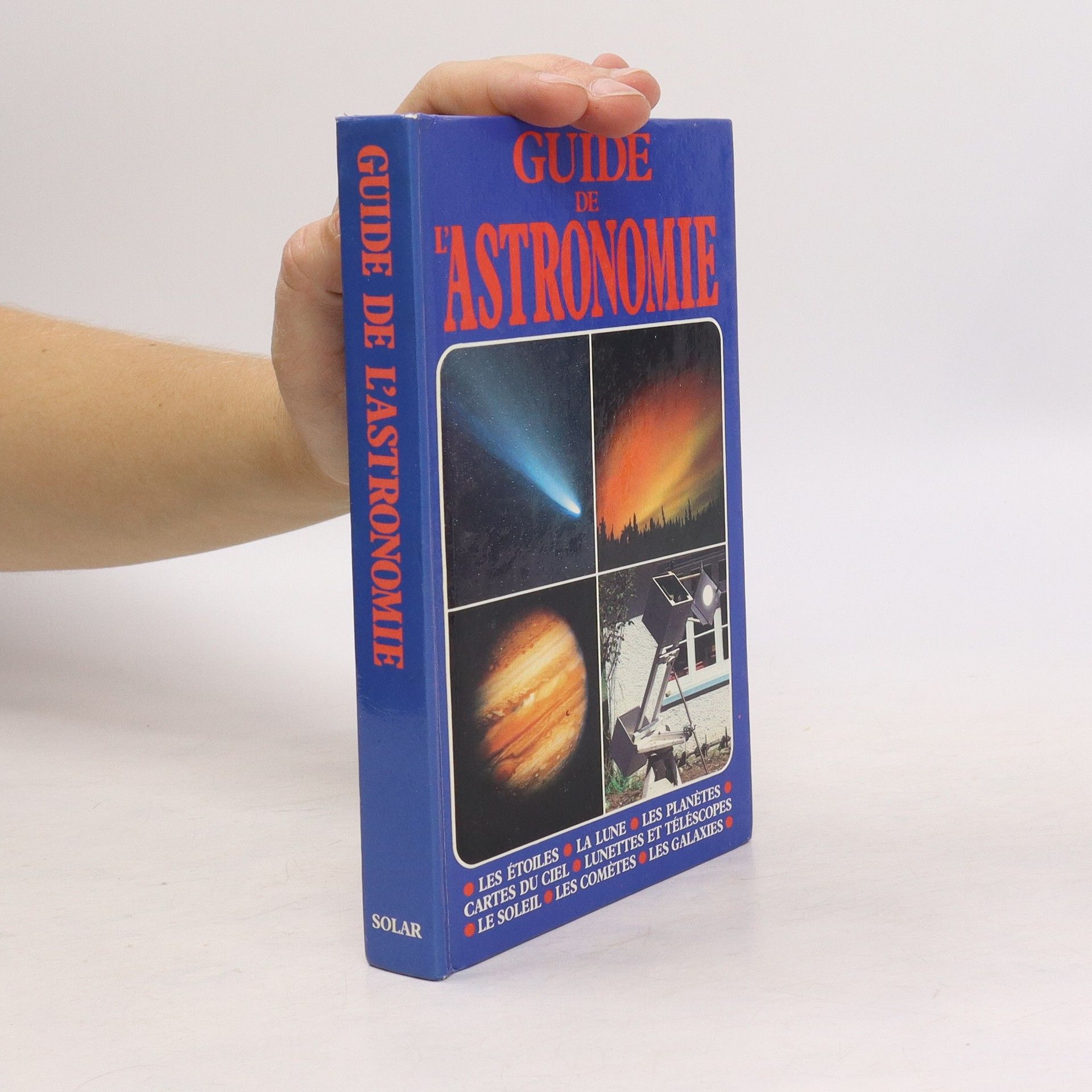Precautionary Tales for Grandparents
- 192 pages
- 7 hours of reading
Many of us remember with pleasure Hilaire Belloc's humorous and piquant Cautionary Tales. Ever popular since publication in 1940, the moral poems were supposedly for children - but, with their satirical reflections on the state of the nation and the human condition, were also enjoyed by adults. Inspired by the prose and poetry of Belloc, James Muirden has penned these whimsical and well-observed Precautionary Tales to amuse grandparents, and perhaps their grandchildren too, and impart some moral guidance in today's world. Read about Matilda, who was too truthful to be successful in business, and John, who lost at conkers and gained his father some useful publicity. Whether you grew up reading Belloc or not, this compilation of wit in verse is guaranteed to leave you smiling - and may even teach you a valuable lesson or two. AUTHOR: James Muirden is the author of The Cosmic Verses, Shakespeare Well-Versed, A Rhyming History of Britain and 100 Great Wits. SELLING POINTS: Hilaire Belloc's Cautionary Tales have been in print since 1940 and those who grew up reading them remember them by heart. James Muirden has adapted these poems for today's world in these charming and hilarious verses. Will appeal to those who bought Now We Are Sixty, Christopher Matthew's best selling re-telling of A.A. Milne, also illustrated by David Eccles. b/w illustrations
